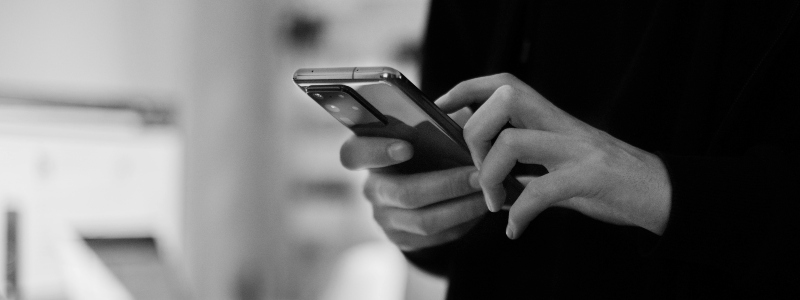
Following on from my earlier blog about the physiological effects of Viagra, in this blog I am going to discuss some of the psychological and social issues that make young men pop a blue pill.
There is common notion that young men are constantly getting erections and always up for having sex. Various sources indicate the reality is different. Peggy Orensteins’s recent book ‘Boys and Sex’ cites a General Social Survey study showing young men between 18 and 29 are having less sex. This is indicated by the increase in the number of men who declare themselves abstinent, which rose from 10% in 2008 to 28% in 2019.
Orensteins’s conversations with young men reveal the extent of their performance anxiety. They fear that girls would be more knowledgeable and experienced and in contrast they will be unsatisfactory sexual partners. They are anxious that any inadequacy, such as not being able to undo a bra strap or coming too quickly will be broadcast to their peer group on social media and result in humiliation. They are also concerned that girls will take it personally if they can’t get an erection. Young men seem to feel that they are responsible for the success of a sexual encounter.
At the same time online pornography has set up unrealistic expectations about opportunity, performance and satisfaction. The Reward Foundation is an educational charity that focuses on the internet, love, sex and relationships; they have found a correlation between erectile dysfunction in young men and an increase in access to internet porn. Whether or not young men actually believe that the sexual relationships and encounters they view on screen are ‘real’, these representations have an impact. As a young presenter on VICE online magazine said, “In my head I’m thinking that girls will be expecting me to fuck them like a porn star.”
First dates or sexual encounters can be extremely anxious events. Dating apps like Tinder and Grinder make it easy to move on to a new sexual partner if the sex does not meet expectations the first time. This may increase pressure on men to have a prolonged erection or several erections and Viagra can be an ‘insurance policy’ or a ‘booster shot’ to ensure a good performance the first time they have sex with a new partner. If the relationship continues they may continue to take Viagra to maintain their performance and hide the fact that they took it in the first place.
So what’s the problem with young men using Viagra to perform better? If young men believe that the standardised notion of good sex is a good performance as Orenstein’s study suggested, we can see that taking Viagra would be a way to avoid some of the stress about being a good performer. Unfortunately this can create a psychological dependency making it more and more difficult to stop taking Viagra and harder to open up the subject with a partner. Like any kind of emotional withholding keeping Viagra a secret is likely to be a negative factor in a sexual relationship.
Good sex can be whatever is good for each couple and is far more nuanced and complex than a good performance. In a relationship of mutual consent sex can bring physical and emotional intimacy but sex does not always go smoothly, misunderstandings and disappointments happen. Exploring sexual dissatisfaction and difficulties makes people feel extremely vulnerable. By using Viagra to focus on performance, young men are avoiding the opportunity to speak honestly about what they expect and want from sex as well as finding out what pleases their partners. Trusting each other and exploring differences and desires together can build a stronger relationship as well as a more satisfying sex life.
Brighton and Hove Psychotherapy is a collective of experienced psychotherapists, psychologists and counsellors working with a range of client groups, including fellow therapists and health professionals. If you would like more information, or an informal discussion please get in touch. Online therapy is available.










 The way we relate to others, including our partners is complex and multi-layered. It is developed over time and although we can to an extent control
The way we relate to others, including our partners is complex and multi-layered. It is developed over time and although we can to an extent control 
 Emotionally Focused Therapy (EFT) is a short-term evidence-backed therapy with a high success rate in supporting clients to move through difficulties in their
Emotionally Focused Therapy (EFT) is a short-term evidence-backed therapy with a high success rate in supporting clients to move through difficulties in their 